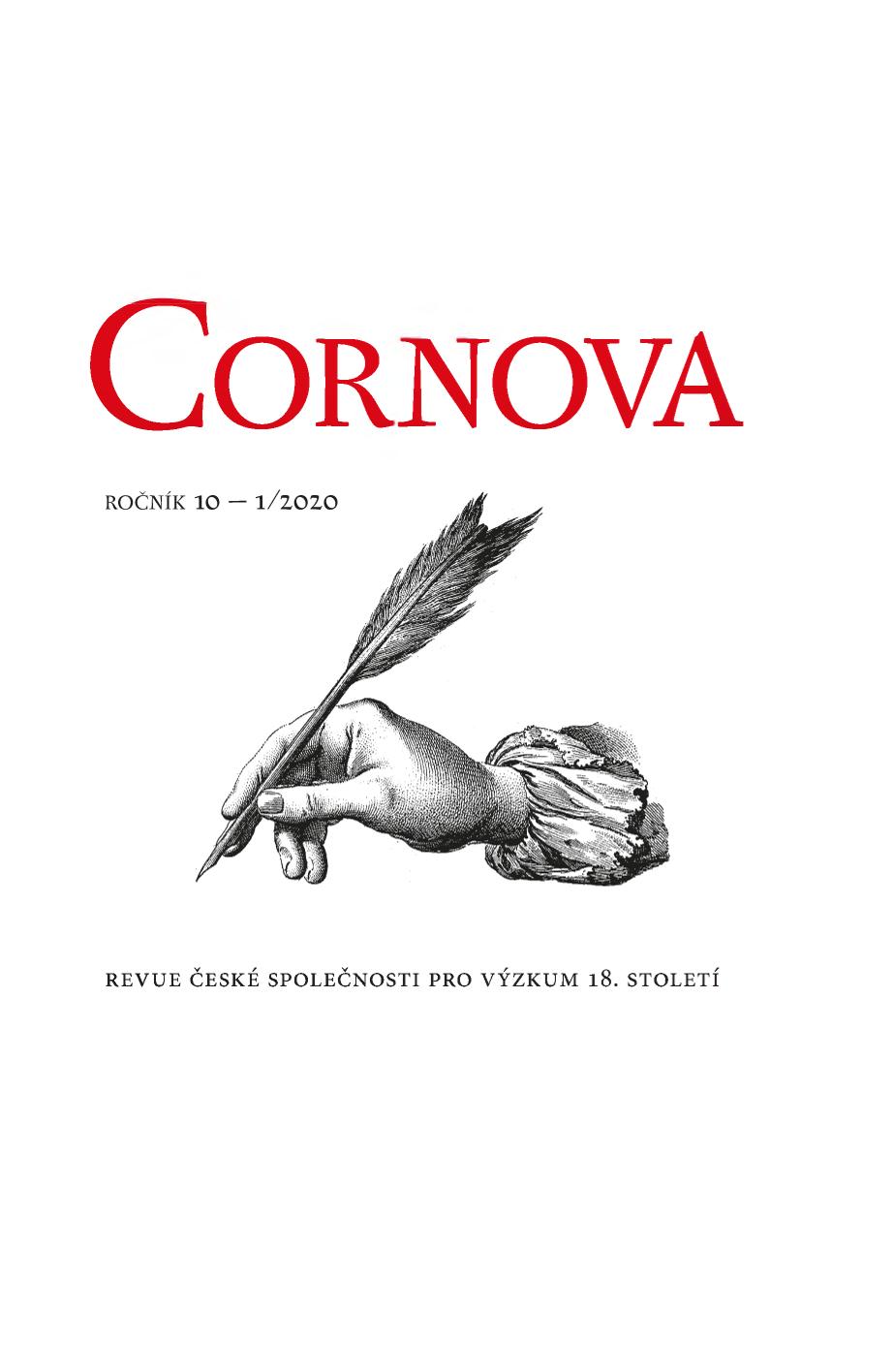Omezování autonomie královských měst od 17. století do poloviny 18. století na příkladu Brna
Limiting the Autonomy of Royal Cities from the 17th Century to the Mid-18th Century – the Example of Brno
Author(s): Ludmila SulitkováSubject(s): Public Administration, Government/Political systems, Electoral systems, 17th Century, 18th Century
Published by: AV ČR - Akademie věd České republiky - Ústav pro českou literaturu
Keywords: Brno 17th mid 18th century; city administration; competences; election of councillors; state interventions; bureaucratization;
Summary/Abstract: Unlike the pre-White Mountain period, the development of the city administration in the royal city of Brno has not yet been systematically studied for the decades of the early modern period post-1620. The present contribution thus represents a kind of first probe into the mode of operation, structure and competences of the city council in terms of its political-administrative, economic and judicial functions from the post-White Mountain period to the mid-18th century, marked by the first phase of Theresian administrative reforms. The preliminary results presented are for the most part based on research of sources of a normative nature concerning the gradual reduction by the state of the originally autonomous competencies of the city council to the levels of executive power indicated. Although renewals of the council corps took place in Brno in the early decades of the 18th century in what were in principle ‘free’ elections, from 1710 on it was the monarch alone who confirmed the councillors in office. Etatistic interventions manifested themselves in all these areas, one of the most burdensome being the establishment in 1726 of a special economic directorate, subordinate to the provincial office, to control the financial management of the city. The author deliberately traces the culmination of these restrictive measures by the state only until the middle of the 18th century, when the municipality became a complex structured office. These reforms were only a harbinger of other fundamental changes in the functioning of the city administration in general in the 1780s, when the mayor became a civil servant and his deputies were elected by indirect election. However, the impact of the gradual etatization and bureaucratization of the executive apparatus of the leading royal Moravian city will need to be substantiated in the future by thorough source analyses in order to objectively ascertain the impact of the above-mentioned measures on the entire urban society. The question also remains whether the newly installed representatives of the highest municipal administrations continued to enjoy general respect.
Journal: Cornova
- Issue Year: 10/2020
- Issue No: 01
- Page Range: 59-70
- Page Count: 12
- Language: Czech

